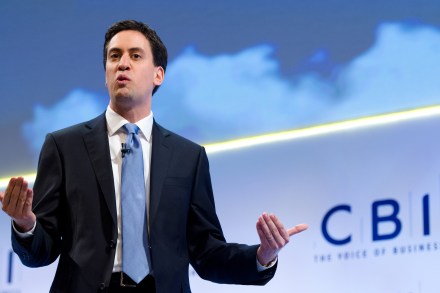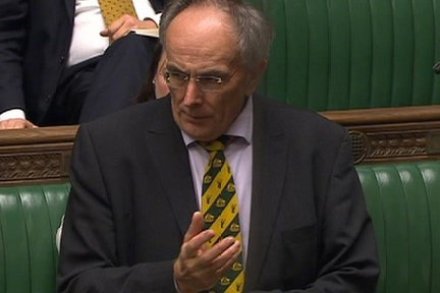Liam Byrne interview: The welfare system is ‘completely out of whack’
Liam Byrne is a modernising, Blairite Labour MP, and in case you were in any doubt about that, he conducts his interview with Coffee House sitting next to a framed photograph of him with Tony Blair. The party’s Shadow Work and Pensions Secretary is well known for his modernising zeal, which has sometimes led him onto a collision course with his party grassroots and other MPs on the left. This week, though, he’s on a collision course with the Conservatives, who hope they’ve managed to corner Labour into admitting it hasn’t quite modernised its welfare policy enough to win voters back. The Welfare Uprating Bill, launched in last week’s Autumn




















